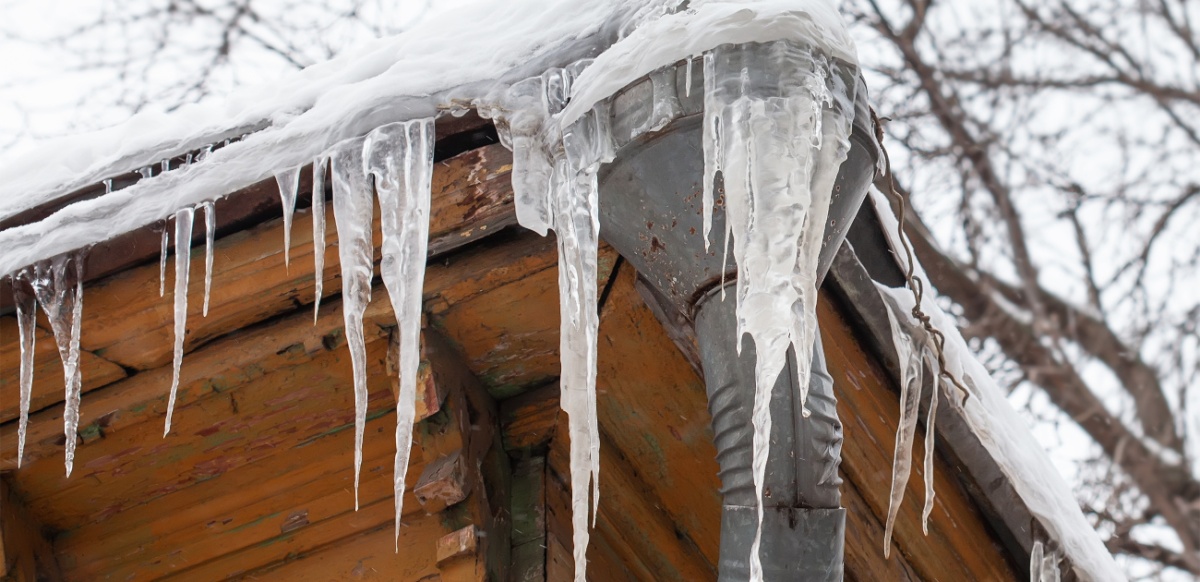Tips to Protect Pipes from Freezing: Specialist Guidance
Tips to Protect Pipes from Freezing: Specialist Guidance
Blog Article
They are making several great pointers related to How To Avoid Freezing Pipes overall in this post followed below.

Winter can damage your pipes, particularly by freezing pipelines. Here's just how to avoid it from taking place and what to do if it does.
Introduction
As temperatures decline, the risk of icy pipes boosts, possibly causing costly repairs and water damages. Comprehending just how to stop frozen pipes is crucial for homeowners in cold climates.
Understanding Icy Pipelines
What causes pipes to ice up?
Pipelines ice up when subjected to temperature levels listed below 32 ° F (0 ° C) for prolonged durations. As water inside the pipes freezes, it increases, taxing the pipe wall surfaces and potentially causing them to rupture.
Dangers and problems
Icy pipes can lead to supply of water disruptions, home damage, and pricey repairs. Ruptured pipes can flooding homes and create considerable structural damage.
Indications of Frozen Pipeline
Determining frozen pipelines early can avoid them from breaking.
How to identify frozen pipelines
Seek lowered water circulation from taps, unusual smells or sounds from pipes, and visible frost on exposed pipes.
Avoidance Tips
Insulating susceptible pipelines
Wrap pipelines in insulation sleeves or make use of warm tape to safeguard them from freezing temperature levels. Concentrate on pipelines in unheated or external locations of the home.
Heating methods
Keep indoor areas appropriately warmed, specifically areas with plumbing. Open up closet doors to enable warm air to distribute around pipelines under sinks.
Securing Outdoor Pipes
Garden hose pipes and outside faucets
Detach and drain pipes garden hoses prior to wintertime. Install frost-proof faucets or cover outside faucets with insulated caps.
What to Do If Your Pipelines Freeze
Immediate activities to take
If you suspect frozen pipes, keep faucets open to soothe stress as the ice melts. Use a hairdryer or towels soaked in warm water to thaw pipelines gradually.
Long-Term Solutions
Structural changes
Think about rerouting pipelines away from exterior walls or unheated areas. Include additional insulation to attics, cellars, and crawl spaces.
Upgrading insulation
Purchase high-quality insulation for pipes, attic rooms, and walls. Correct insulation assists keep constant temperatures and minimizes the risk of icy pipes.
Final thought
Preventing frozen pipelines requires positive actions and quick reactions. By recognizing the causes, indications, and safety nets, homeowners can protect their pipes throughout cold weather.
Helpful Tips to Prevent Frozen Pipes this Winter
UNDERSTANDING THE BASICS: WHY PIPES FREEZE AND WHY IT’S A PROBLEM
Water freezing inside pipes is common during the winter months, but understanding why pipes freeze, and the potential problems it can cause is crucial in preventing such incidents. This section will delve into the basics of why pipes freeze and the associated problems that may arise.
THE SCIENCE BEHIND FROZEN PIPES
When water reaches freezing temperatures, it undergoes a physical transformation and solidifies into ice. This expansion of water as it freezes is the primary reason pipes can burst. As the water inside the pipe freezes, it expands, creating immense pressure on the walls. If the pressure becomes too great, the pipe can crack or rupture, leading to leaks and water damage.
FACTORS THAT CONTRIBUTE TO PIPE FREEZING
Low Temperatures: Extremely cold weather, especially below freezing, increases the risk of pipes freezing. Uninsulated or Poorly Insulated Pipes: Pipes located in unheated areas, such as basements, crawl spaces, or attics, are more prone to freezing. Insufficient insulation or lack of insulation altogether exacerbates the problem. Exterior Wall Exposure: Pipes running along exterior walls are susceptible to freezing as they encounter colder temperatures outside. Lack of Heating or Temperature Regulation: Inadequate heating or inconsistent temperature control in your home can contribute to frozen pipes. PROBLEMS CAUSED BY FROZEN PIPES
- Pipe Bursting: As mentioned earlier, the expansion of water as it freezes can cause pipes to burst, resulting in significant water damage.
- Water Damage: When pipes burst, it can lead to flooding and water damage to your property, including walls, ceilings, flooring, and personal belongings.
- Structural Damage: Prolonged exposure to water from burst pipes can compromise the structural integrity of your home, leading to costly repairs.
- Mold and Mildew Growth: Excess moisture from water damage can create a favorable environment for mold and mildew growth, posing health risks to occupants.
- Disrupted Water Supply: Frozen pipes can also result in a complete or partial loss of water supply until the issue is resolved.
WHY CERTAIN PIPES ARE MORE PRONE TO FREEZING
- Location: Pipes located in unheated or poorly insulated areas, such as basements, crawl spaces, attics, or exterior walls, are at higher risk of freezing.
- Exterior Pipes: Outdoor pipes, such as those used for irrigation or exposed plumbing, are particularly vulnerable to freezing as they are directly exposed to the elements.
- Supply Lines: Pipes that carry water from the main water supply into your home, including the main water line, are critical to protect as freezing in these lines can affect your entire plumbing system.
- Underground Pipes: Pipes buried underground, such as those connected to sprinkler systems or outdoor faucets, can be susceptible to freezing if not properly insulated.
https://busybusy.com/blog/helpful-tips-to-prevent-frozen-pipes-this-winter/

I discovered that piece on Preventing and dealing with frozen pipes when doing research the search engines. Do you know another individual who is curious about the subject? Take a moment to share it. Thanks a lot for taking the time to read it.
Website Report this page